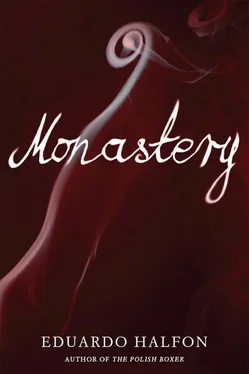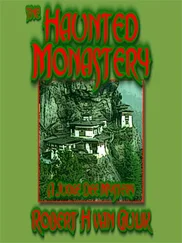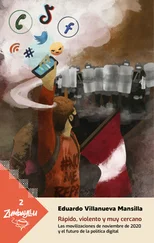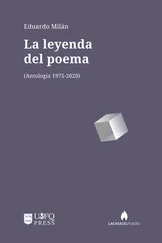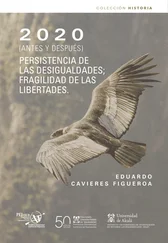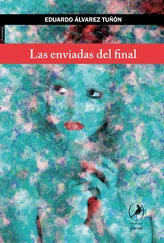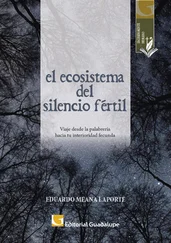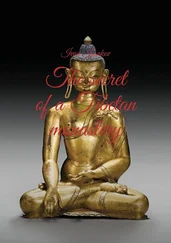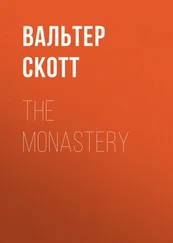IT DIDN’T LOOK LIKE a mechanic’s workshop. There was no sign anywhere. The place was nothing more than a small lot with an earthen floor, enclosed by three adobe walls and a big gray metal gate that opened out onto the road. There were tools lying around and piled up all over. Parked in one corner was a Mercedes-Benz from the seventies, possibly white, all rickety and rusty. Next to it, a little boy age two or three was sitting on the floor, completely naked. He was playing with a handful of pegs and nuts. The guy with the tow truck was also the owner and the only mechanic there. He was named Nicasio. After hooking the battery up to an old machine, he confirmed that it was indeed unusable now. He told me he could get ahold of a new one, a luxury one, imported, at a very good price. That I should pay him half up front and leave the keys to the car with him. That I should give him a few hours, that there was a diner on the corner where I could wait, have something to drink, and he’d come and get me when he’d finished the work. I looked at my watch. It was already five in the afternoon. Then I looked at the car: open, weary, its innards exposed. I took my backpack out of the trunk and headed for the gate. The naked boy watched me, sprawled out in a puddle of mud.
I WALKED TO A LITTLE PARK at a fork in the road. There was no one there. There was no breeze, no shade, no respite. At the entrance, badly painted on a dirty white archway, a sign welcomed me to the town. I took my last cigarette out of the pack and sat down to smoke on a bench that was still a bit wet. Almost immediately, a young man approached carrying bags full of nuts and an old set of bronze scales. Anything for you, señor? I’ve got peanuts, he said. I’ve got fava beans, cashews, macadamias, salted almonds. I bought a couple ounces of cashews. After weighing them and taking my money, he sat down beside me. I asked him about the origin of the town’s name, Melchor de Mencos. They say that it was the name of a general who defeated the British, he said, centuries back. But who knows if that’s true, he said. He looked up at the highway, as though searching for someone, or as though someone were searching for him. I also looked out toward the highway. I saw a man with dark brown skin, taking small steps forward, as though dancing forward. Then I saw a truck carrying a scraggy white cow on its flatbed. Then I saw three kids on a single bicycle. And you’re just passing through? the young man asked me. Something like that, I said. I finished my cigarette in silence.
I WALKED PAST A GIRL who was slobbering red and chasing after a group of chicks. Her white dress looked like it was already stained red. Her loose white stockings also looked like they were already stained red. Her headband and her black patent-leather shoes lay forgotten behind her by the open door of an evangelical church, through which came the chanting of the parishioners and the preacher. The girl was holding half a pomegranate in her dark hands. Suddenly, she brought the half pomegranate to her mouth and took a big bite and started to fire little red pellets at the chicks.
I WALKED PAST A MAN leaning up against the trunk of an almond tree. He was sitting on the grass, his legs stretched out. He was, I assumed, taking advantage of the tree’s shade. He was wearing black pants and a white shirt with a black tie. He had a newspaper on his lap. As I came closer, I saw that he had a green circle on each temple. They were two slices of lime, held there with a shoelace tied around his head. Little drops trickled all down his face, perhaps of lime juice or sweat or both. Come here gringo and let me suck it, I thought I heard him whisper behind me as I hurried away from the almond tree. But when I looked back, the man seemed to be fast asleep.
I WENT INTO A LITTLE STORE on the town’s bustling main road. An elderly man was leaning on the counter, barely upright, barely holding an almost empty bottle of Quetzalteca Especial aguardiente. Can I help you? said a squat lady from the other side of the grille. I walked over. I greeted her, seeing through the grille that she sold only domestic cigarettes. I asked for a pack of Rubios. The elderly man muttered something. The lady passed the pack to me through the grille, and then I passed her a few bills. The elderly man came toward me a bit and muttered something again, holding out his hand. He smelled of urine. Don’t bother the gentleman, the lady scolded him. And you just ignore him, she said to me, handing me back a few coins through the grille, which I immediately wanted to give the elderly man. But his old hand couldn’t hold them and the coins fell to the floor. I crouched down to retrieve them. When I stood back up, right there beside me was the mustached officer from immigration: still serious, still in his green khaki uniform, still with his reading glasses hanging around his neck, but now in the company of a man in cowboy boots and a cowboy hat and with huge shades and a toothpick between his teeth and a black pistol well tucked into his waistband. I wiped my forehead with the sleeve of my shirt. I took off, almost at a run, into the gloom of the main road.
AN ENORMOUS RED MACAW was perched on a broomstick at the back of the diner. From time to time, it scratched at its chest with its beak or let out a cry or a sharp screech. Its red feathers looked dull and sad. On each of the four tables, on a floral plastic tablecloth, was a bottle with an atomizer. In case, the girl said as she seated me. It’s just that the bird’s a little crazy, she said, looking at the enormous macaw. Sometimes it just attacks people, she explained. But a spray of water will scare it off.
I opened the new pack of Rubios and lit one and immediately started to feel better, to breathe easily again. From the kitchen, behind a bead curtain, I could hear the murmuring of women’s voices, laughing, groaning, a merengue on the radio, the clinking of plates and glasses. A couple of white lightbulbs hung from the ceiling. The macaw looked sleepily at me from its perch.
The same girl came out through the bead curtain carrying a tray. She walked over to me. I noticed that she was barefoot. I noticed that she now had a baby tied to her back (or did she before and I hadn’t seen it?) with a long blue sash. The baby was sleeping. Here you are, she said, and placed on the table an ashtray, a bottle of Gallo beer, a small glass. I thanked her. You’re welcome, she said. You don’t want to eat anything? she asked me, almost embarrassed, and I said not now, but thanks, maybe later. A stray dog tried to come into the diner, but she scared it away with a clap. Then she just stood where she was, holding the tray flat against her ample breasts, perhaps waiting for something. I asked her why it was called the Fallabón Diner. That’s what they call this neighborhood, she said. Years ago, she told me, Fallabón used to be its own village, right here, but now it’s a part of Melchor de Mencos. (I learned later that the name of the village, Fallabón, comes from a fire and explosion that had taken place near there, in a timber warehouse, in 1950; it’s an Anglicism, from the English words fire and boom.) The baby whined and the girl reached back and stroked its cheek with a finger. So is that your car, in Don Nica’s workshop? It is, I said, reluctant to explain to her that it wasn’t really my car, but a friend’s. She clicked her tongue, as if to say good luck, or as if to say what a shame. I asked her if she could recommend a hotel, since maybe I’d have to spend the night, and she thought a moment and then told me that La Cabaña Hotel was good, that it was close by, on the main road. There’s even a pool, she said. La Cabaña Hotel, I repeated, so as not to forget, and wiping the sweat from my forehead with a paper napkin, I thought I saw something small and dark climbing the back wall. Perhaps a spider. Perhaps a horsefly. Perhaps a scorpion. And is that yours, the macaw? I asked the girl. She smiled. It’s just part of this place, she said, but I didn’t understand whether that meant the restaurant or the neighborhood or the whole town. Does it have a name? Sure, she said. Gómez, she said. The macaw screamed something, maybe because it had heard its name and wanted to join in the conversation. I stubbed my cigarette out in the ashtray. So he’s male? I asked the girl and she just gave a laugh and shrugged and said probably, nobody really knows. I saw that the floor tiles under the macaw were covered in gray-and-white droppings. Excuse me, whispered the girl, and went back into the kitchen.
Читать дальше
